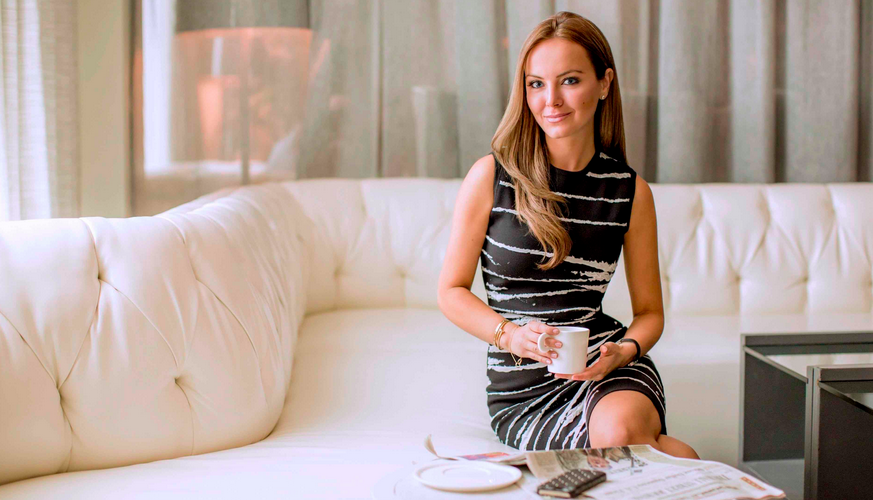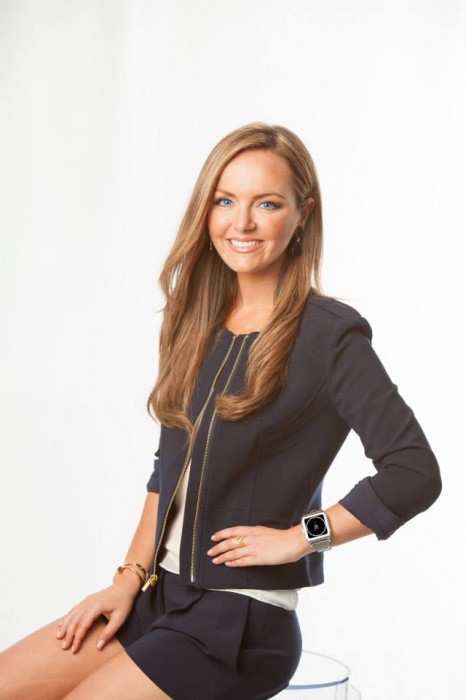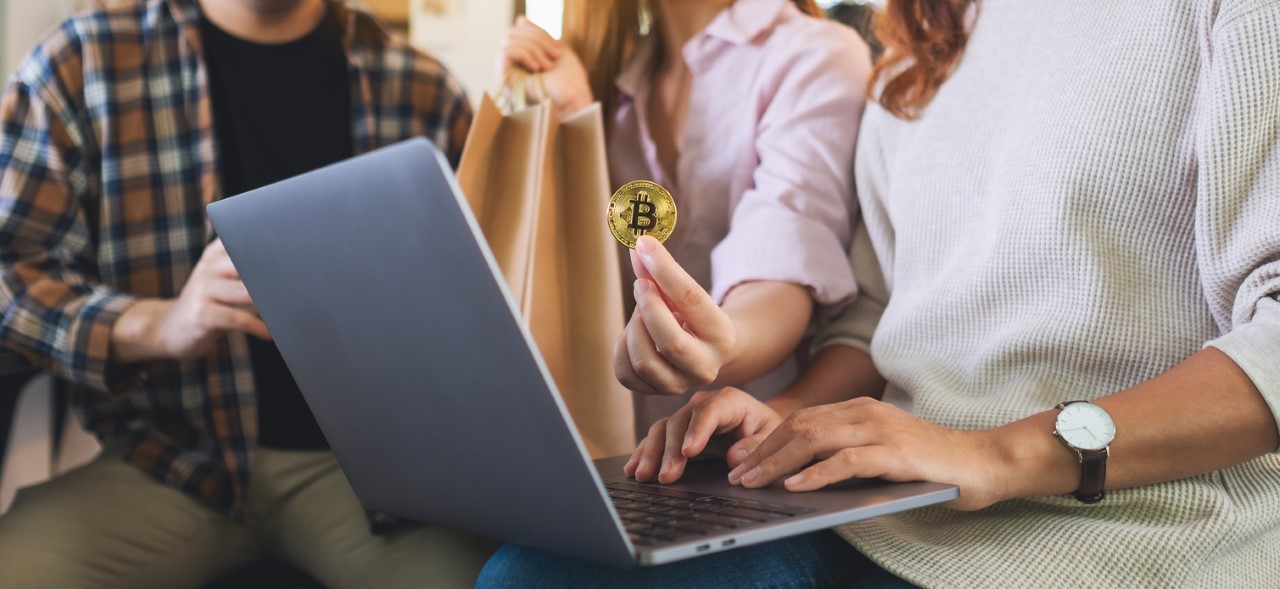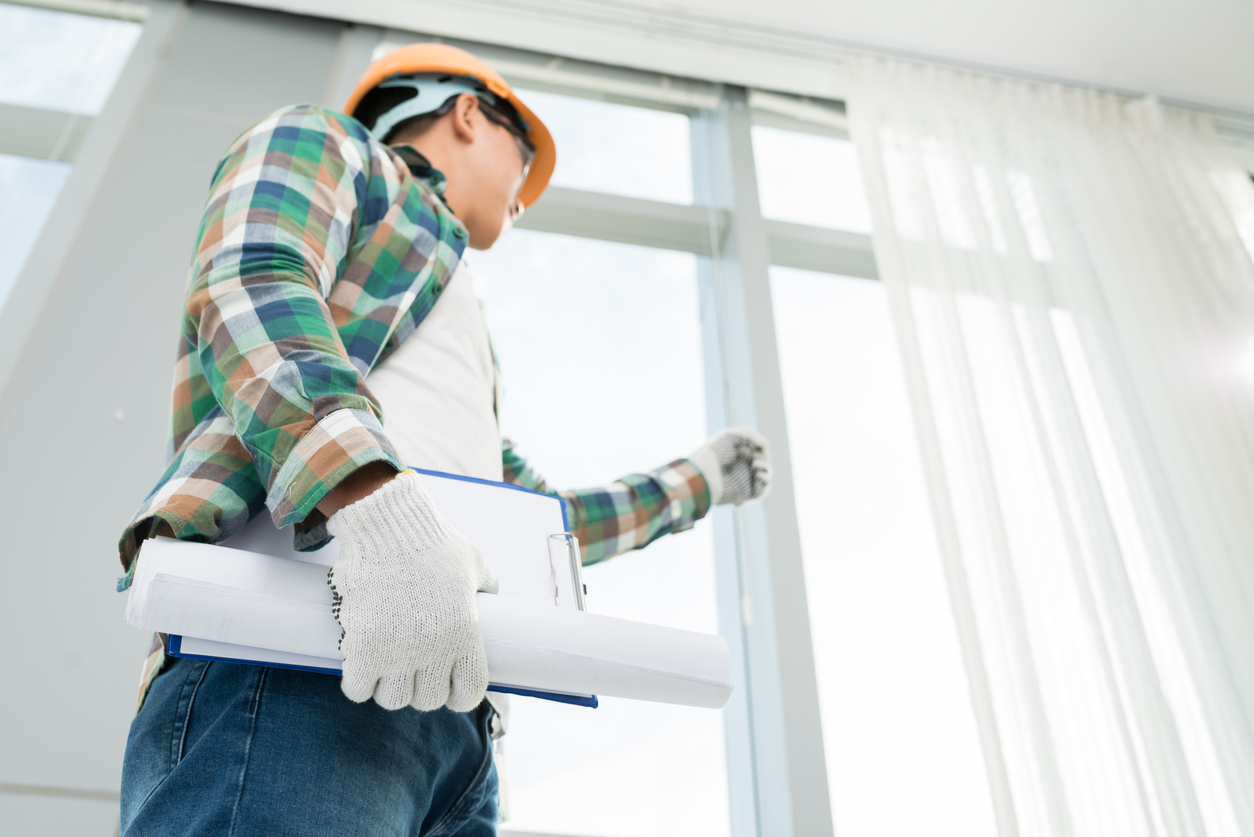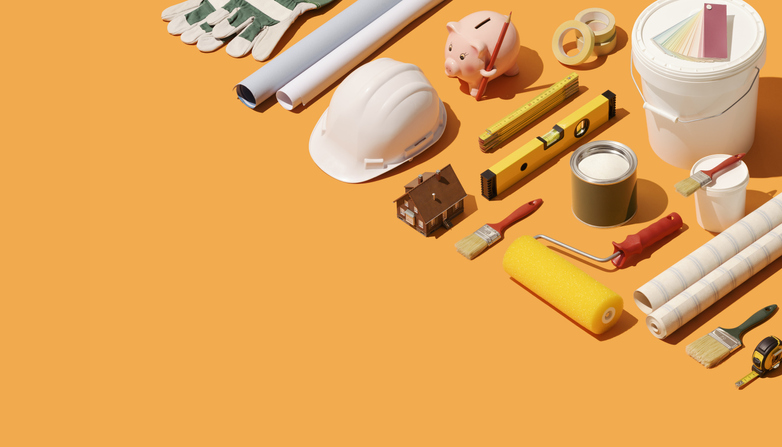As the author of Rich Bitch, financial guru Nicole Lapin gives solid financial advice in a straightforward, “plain english” manner. Her deep-rooted experience in the financial world has made her an expert in dishing financial advice. And her passion for helping others achieve their goals makes her a trusted advisor and TV personality. She knows that many of us didn’t grow up learning about how to save money, invest our savings or financially plan for the future – something that she’d like to change. Her website (www.nicolelapin.com) is chock full of financial advice from negotiating medical bills to “cleaning” up your accounts, from investing in your wardrobe to giving back to those in need.
We recently asked Nicole to give us her expert tips for buying a home. Whether you are considering buying a home for the first time or thinking about moving, you’ll want to lean in and listen to her advice.
What are some basic factors prospective homebuyers should look at when considering buying a home? Personal finances? Job security?
Here are the three things you need to say “yes” to before even considering buying a home:
1. You are going to live in it for a while. Are you really, in full faith, going to stay in a home for an extended period of time? Let’s say five years. Things change…people move, get fired, promoted, married, etc. Yeah, life happens unexpectedly, but if you know or have a strong hunch you’re going to need to move soon for whatever reason, you should not buy. Period. Here’s why: a house isn’t just a home, it’s an asset, and it’s an illiquid one, which means it’s hard to “melt” into cash when you need it. And if you need to move, you’re going to be thirsty for money, but that home is going to take time to sell.
2. You can afford it. Ask yourself: can you afford it? I mean, really afford it? Almost everyone needs a mortgage to be able to buy a home, especially first-time buyers. Typically you need about 20% of the total cost of the house in cash for a down payment, although in some cases you might be able to put down less in exchange for a larger mortgage loan. Do you have that? You can sometimes take out a second loan to cover the down payment, but that just means you actually don’t own any of the house, at least in the beginning, and your monthly payments will be a lot higher.
3. You have a steady job that you love. Do you love your job and want to keep it for a long time? If you’re unhappy about your job and looking into new opportunities, you can forget about buying. Job uncertainty makes for terrible timing to make an investment this enormous. You should also leave the door open (pun intended) for any opportunity that might come up…which, should you take the job, might demand moving.
If you answered yes to EVERY single question and will live in your home for a few years, then you’re looking like a good candidate for buying.
What is the number one mistake people make financially when purchasing a home for the first time?
Taking on more house than they can afford! Don’t let your bank tempt you to borrow more than you can afford. Just because your bank approves you for a mortgage of a certain amount doesn’t mean you have to take it; in fact, in many cases you should opt for taking considerably less.
If someone wants to buy a house in 6 months, a year, five years, what are some suggestions you have to help ensure they financially plan accordingly?
Before you even consider buying a house, you want to make sure you have at least 3-6 month’s worth of expenses squirreled away in the bank, for your emergency fund. You also want to have already put a sizable dent in outstanding debt, if not cleared it completely. Before tackling anything else—including buying a home—you have to get the debt monkey off your back. Start with the highest interest rate debt you have first, which is usually your credit card. Schedule your debt payments to automatically come out of your paycheck each month so you don’t even have a chance to spend that money on something else. It doesn’t hurt as much if you never see that money in the first place. Give yourself a realistic timetable to pay it off, but don’t set comfy deadlines. Paying debt off isn’t a comfy thing, but you have to do it before you can take on additional debt: your mortgage! Don’t forget: the longer you drag it out, the more money you’ll be shelling out for interest.
How much is a typical down payment?
Typically you need about 20% of the total cost of the house in cash for a down payment, although in some cases you might be able to put down less in exchange for a larger mortgage loan. You can sometimes take out a second loan to cover the down payment, but that just means you actually don’t own any of the house, at least in the beginning, and your monthly payments will be a lot higher. (As you can probably tell, I don’t love this option.)
What additional expenses other than a down payment should first time homeowners anticipate?
You’re on the hook for closing costs like lawyer’s fees, home inspection fees, realty transfer fees, and title insurance. You’ll need to set aside approximately 3% of the purchase price (as much as $10,000 on a $350,000 house) in closing costs on top of the down payment.
If you could give prospective first time homeowners any additional advice, what would it be?
If you haven’t already noticed, owning a home is almost universally considered a good thing. You’ll hear it touted by your favorite spewers of conventional financial wisdom. After all, it’s the American dream! Or so they say. But here’s the thing about buying a home: when it’s good, it can be a great thing. It also might not be right for you at this particular time in your life. Renting might be a better option, and that’s okay. So don’t get sucked into buying a home because you feel like that’s what adults do. Think for yourself and make your own home; whether you own it or not.
About Nicole Lapin
She got her start in finance at age eighteen, reporting from the floor of the Chicago Mercantile Exchange for First Business Network. She went on to become the youngest anchor ever at CNN and then to claim the same title at CNBC, where she anchored the only global finance show on the network, Worldwide Exchange, while contributing financial reports to MSNBC and Today.
Nicole has also served as a business anchor and special correspondent for Bloomberg Television. She is the money saving correspondent for The Wendy Williams Show and reports on the business of Hollywood for The Insider. She is also the creator and host of the AOL Originals show, I’ll Never Forget My First, where she interviews influential women about the first time they knew they made it.
You can purchase her book, Rich Bitch, at Amazon and Barnes and Noble. Check out her website for more information.
